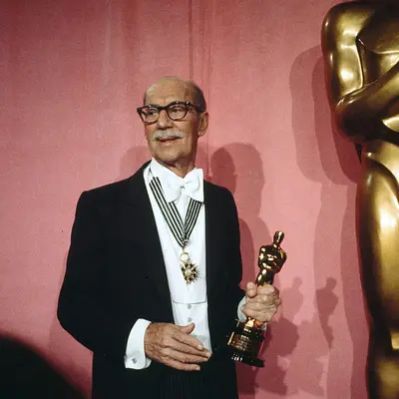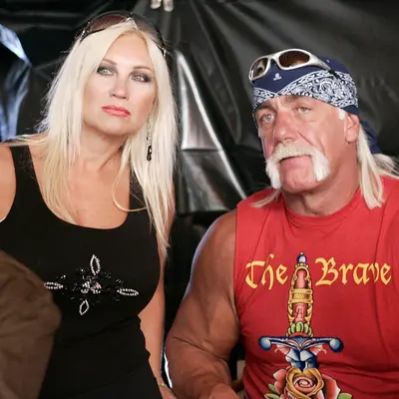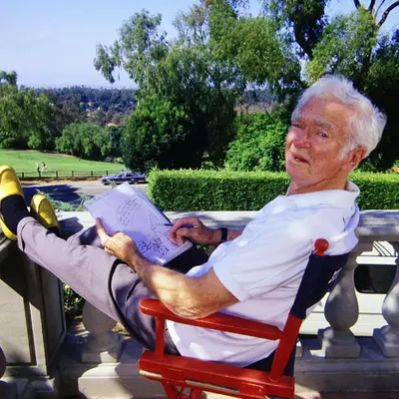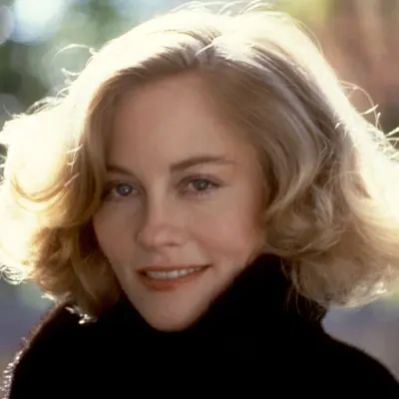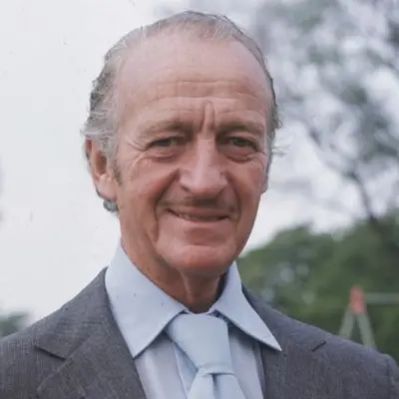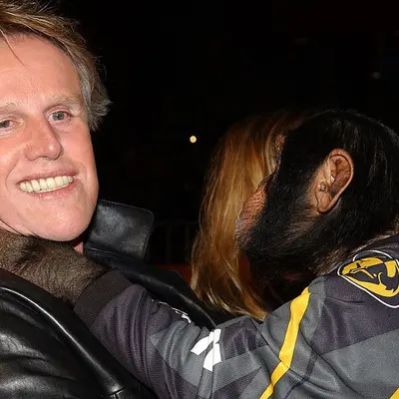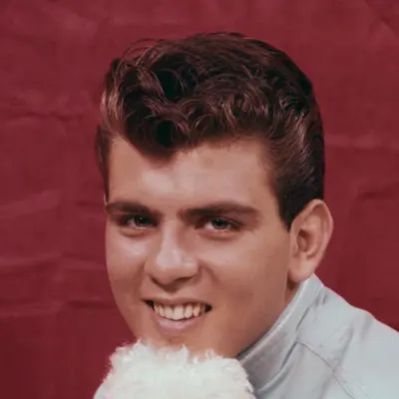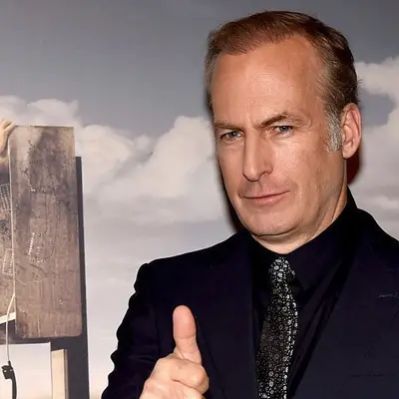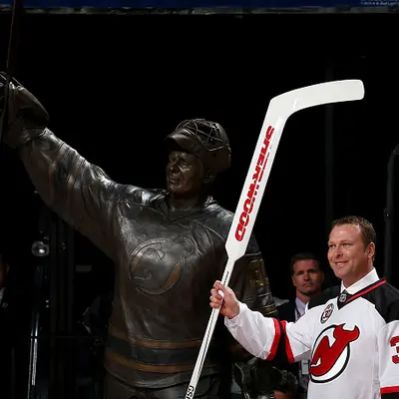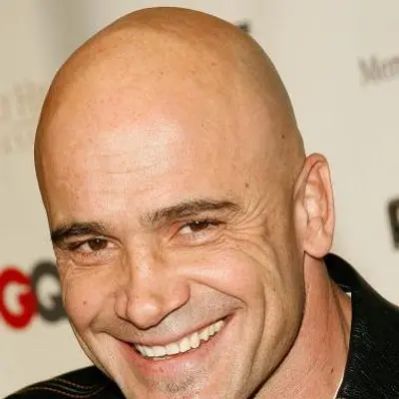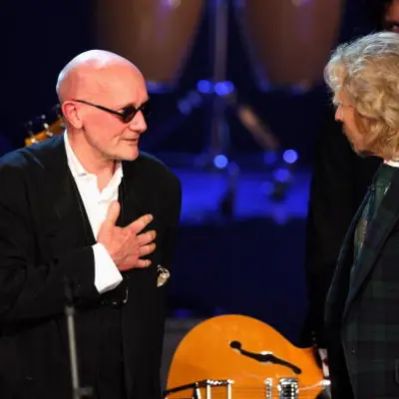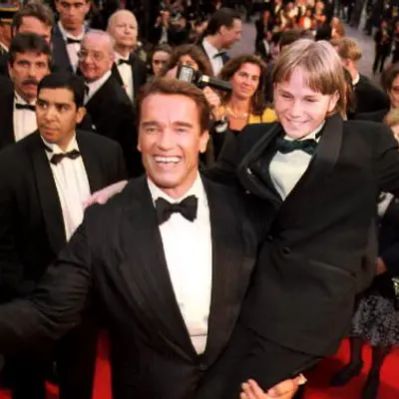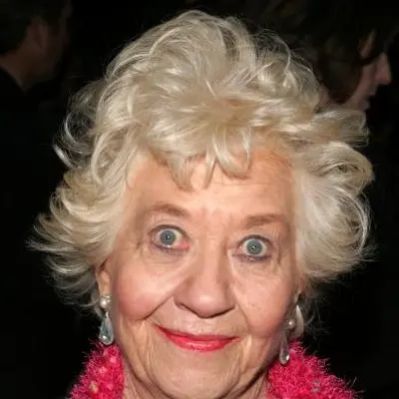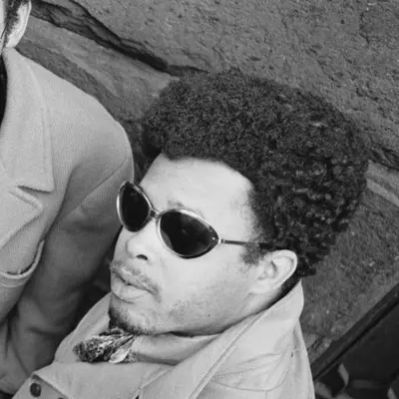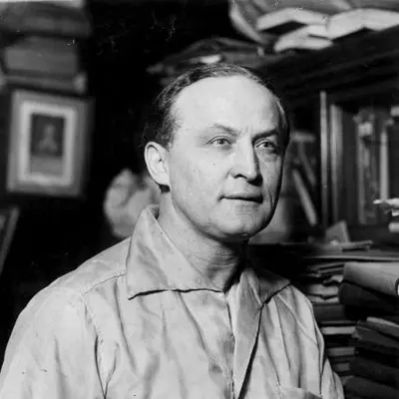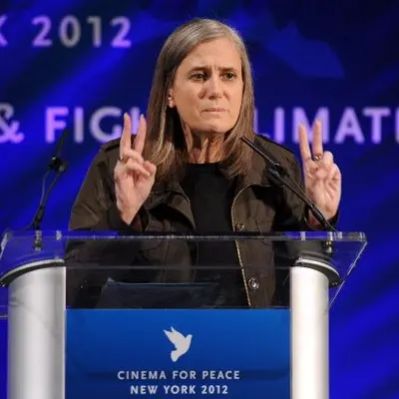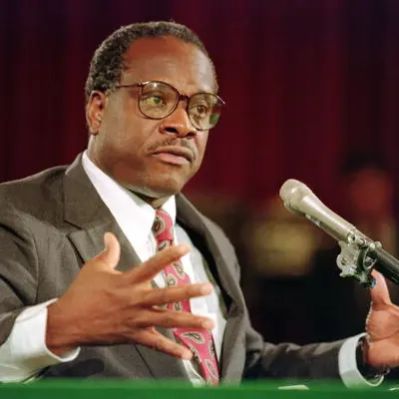What Is Groucho Marx’s Net Worth?
At the time of his death on August 19, 1977, Groucho Marx’s net worth was estimated to be $2.8 million. When adjusted for inflation, this is equivalent to approximately $12 million in today’s dollars. However, this substantial sum was significantly diminished due to prolonged and contentious legal battles among family members following his passing. The protracted legal disputes ultimately eroded much of the estate’s value.
Early Life and Career Beginnings
Julius Henry Marx, better known as Groucho Marx, was born on October 2, 1890, in Manhattan, New York City. According to a 1969 interview with Dick Cavett, Marx was born above a butcher’s shop on East 78th Street. Groucho, along with his brothers Chico, Harpo, Gummo, and Zeppo, spent their childhood in a Jewish household in the Carnegie Hill neighborhood of Manhattan’s Upper East Side. His mother, Miene “Minnie” Schoenberg, immigrated from northern Germany during her teenage years, while his father, Simon “Sam” Marx (originally Marrix), came from France. Groucho’s paternal uncle, Al Schoenberg, known professionally as Al Shean, was part of the vaudeville duo Gallagher and Shean. Initially aspiring to become a doctor, Groucho was compelled to leave school at the age of 12 due to his family’s financial constraints. After a brief period working entry-level office jobs, he commenced his singing career with the Gene Leroy Trio in 1905.
By 1909, Groucho’s mother, Minnie, had formed The Four Nightingales, a vaudeville singing group comprising Groucho, Gummo, and Harpo, along with a young singer named Lou Levy. Despite Minnie’s aspirations, the group’s success remained limited, prompting the family to relocate to La Grange, Illinois, and perform in the Midwest. During a performance in Tennessee, the brothers spontaneously began incorporating jokes into their act, which the audience received more enthusiastically than their musical performances. They adapted Gus Edwards’ comedy skit “School Days” into “Fun In Hi Skule,” which they performed in various iterations for the next seven years. They eventually rose to prominence as comedic stars at the Palace Theatre, a New York venue that dubbed itself the “Valhalla of Vaudeville.” Chico’s business acumen led to three successful Broadway plays. Zeppo joined the group after Gummo’s departure for World War I, marking the formal establishment of the Marx Brothers. Groucho appeared in 26 films, half of which featured his brothers Harpo and Chico. The first Marx Brothers film, “Humor Risk” (1921), a silent movie, was screened only once.
Film and Television Career
Following “Humor Risk,” the Marx Brothers starred in “The Cocoanuts” (1929) and “Animal Crackers” (1930), both adapted from their Broadway musicals. These films were followed by “Monkey Business” (1931), “Horse Feathers” (1932), “Duck Soup” (1933), “A Night at the Opera” (1935), “A Day at the Races” (1937), “Room Service” (1938), “At the Circus” (1939), “Go West” (1940), “The Big Store” (1941), “A Night in Casablanca” (1946), “Love Happy” (1949), and “The Story of Mankind” (1957). Groucho also appeared in films such as “Copacabana” (1947), “Mr. Music” (1951), “Double Dynamite” (1951), “A Girl in Every Port” (1952), and “Skidoo” (1968). In addition to his film career, Groucho hosted “You Bet Your Life,” a radio quiz program that premiered in 1947. The show transitioned to television in 1950 and remained on the air for 11 years. In 1962, Marx hosted the CBS game show “Tell It to Groucho,” and in 1965, he starred in the British series “Groucho,” which was similar in format to “You Bet Your Life.” His impact on comedy and entertainment contributed significantly to his Groucho Marx net worth.
Personal Life, Writings, and Political Views
Groucho Marx was married three times, and each marriage ended in divorce. He first married Ruth Johnson, a chorus girl, on July 17, 1954, when she was 19 and he was 29. They had two children, Miriam and Arthur, before divorcing in July 1942. Marx was married to Kay Marvis from February 1945 to May 1951, and they had a daughter named Melinda together. At the time of the wedding, Kay was 21 and Groucho was 54. In July 1954, 64-year-old Groucho married 24-year-old actress Eden Hartford. Groucho famously described his ideal woman as “someone who looks like Marilyn Monroe and talks like George S. Kaufman.” Although he lacked formal education, Groucho authored several books, including “Groucho and Me” (1959) and “Memoirs of a Mangy Lover” (1963). In his 1976 book “The Groucho Phile,” Marx stated, “I’ve been a liberal Democrat all my life.” He added, “I frankly find Democrats a better, more sympathetic crowd…. I’ll continue to believe that Democrats have a greater regard for the common man than Republicans do.”
Death and Estate Litigation
On June 22, 1977, Groucho Marx was hospitalized with pneumonia at Cedars-Sinai Medical Center. He passed away there on August 19, 1977, at the age of 86. The coverage of his death was somewhat overshadowed by the passing of Elvis Presley three days earlier. Marx was cremated, and his ashes were interred at Eden Memorial Park Cemetery in Los Angeles. The legal battles over his estate continued into the 1980s, with his children eventually receiving the majority of the inheritance. Erin Fleming, his partner during the final years of his life, was ordered to repay more than $470,000 to the estate, significantly affecting the final distribution of Groucho Marx net worth.
Awards and Honors
In 1951, Groucho Marx received a Primetime Emmy Award for Most Outstanding Personality. In 1974, he was awarded an Honorary Award at the Academy Awards “in recognition of his brilliant creativity and for the unequaled achievements of the Marx Brothers in the art of motion picture comedy.” In 2018, the Marx Brothers were inducted into the Online Film & Television Association Hall of Fame in the Acting category. Groucho has two stars on the Hollywood Walk of Fame, one for Television and one for Radio, both awarded in 1960. These accolades highlight his significant contributions to the entertainment industry and his lasting legacy, which indirectly influences the perception of his Groucho Marx net worth.
Real Estate Holdings
In 2019, Groucho Marx’s former Hollywood Hills home was sold for $3.67 million. Marx had originally sold the 3,700-square-foot home for $35,000 in 1949, which would be approximately $375,000 in 2019 when adjusted for inflation. The four-bedroom home, built in the mid-1930s, features a swimming pool and a spa. While this specific property sale occurred long after his death, it reflects the potential value of real estate holdings that could have contributed to his overall Groucho Marx net worth during his lifetime.
 Net Worth Ranker
Net Worth Ranker
